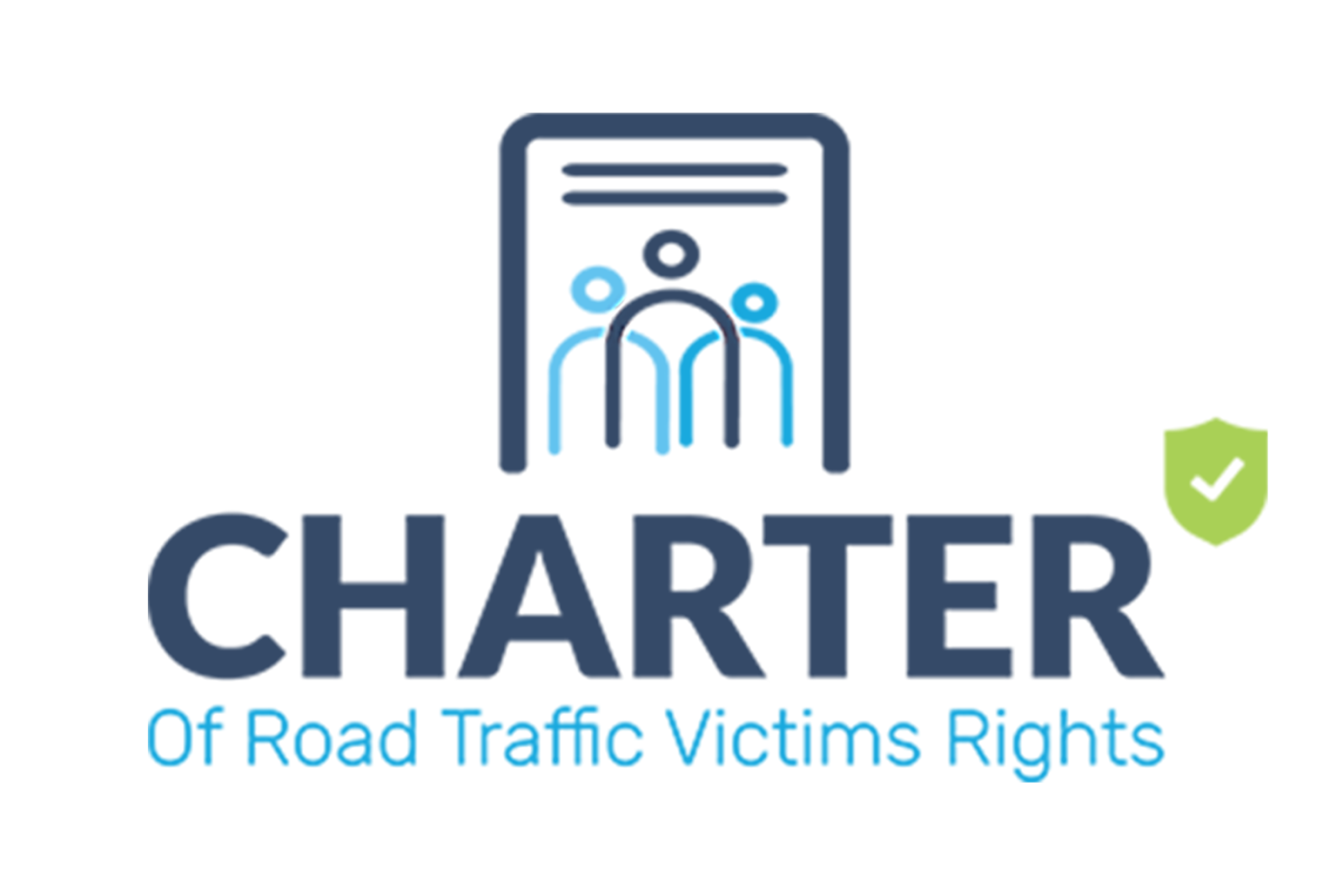A new campaign has been launched which aims to encourage insurance providers and insurance bodies to support the ‘Charter of Road Traffic Victims Rights’.
The campaign is a joint initiative from the United Nations Economic Commission for Europe (UNECE), the Institute for European Traffic Law (IETL) and COB. It is seeking to have those involved in the motor insurance sector, to commit to supporting the Charter. This includes Green Card Bureaux, Compensation Bodies, Guarantee Funds, insurers and insurance brokers.
The Charter was developed to benefit all those who could be impacted by road traffic accidents by ensuring they receive the best possible assistance, effectively serving as a ‘code of conduct’ for all those involved in the compensation of road traffic victims. It was originally published in September 2021, following an agreement between UNECE, IETL and COB.
The Charter sets out ten different principles to be followed by those involved in the delivery of compensation to road traffic victims, providing an ethos of care and clarity to those victims. These principles include:
- A victim of a road traffic accident is any person, natural or legal, suffering material or nonmaterial damage and/or personal injury, resulting from the use of a motor vehicle in road traffic.
- The victim should be given the statutory maximum period to present the claim and the evidence related to the claim.
- The victim’s claim should be handled pro-actively, diligently and respectfully.
- The victim and/or their duly appointed representative(s) should be treated with fairness, dignity, respect and empathy, with due care for the situation in which the victim may be in after the road traffic accident, whilst respecting the rights of the compensator or tortfeasor.
- The victim should have the opportunity to be heard in the claims handling process.
It should be noted that the Charter is not a legal document, stating, “The Charter does not intend to legislate in whole or in part. It does not affect national or international sources of law in any way.”
To help promote the Charter campaign, a new website has been developed at https://www.crtvr.org/
In an effort to extend awareness of the Charter internationally, the site plans to make different language translations of the Charter available. At the launch of the campaign, the original version in English as well as translations in French, German, Italian and Spanish have been published on the site.
Speaking about the launch of the campaign, Greet Floré, Managing Director of COB said, “The Charter is a document that seeks to reflect the care and humanity already being provided by the motor insurance sector. The principles contained in the Charter are already being implemented by insurers, brokers, Green Card Bureaux, Compensation Bodies and Guarantee Funds in their day to day interactions with victims. The purpose of this campaign is to help bring greater awareness and understanding of this outlook. We want road victims to know this is how they will be treated and the wider insurance industry to agree that these are the principles and ideals by which all involved should abide. Our hope is that through this campaign the level of care for victims will improve even further and the wider public will understand the standards that are being followed by those involved in providing compensation to road traffic victims. We will certainly be asking all our members to support the Charter and we hope to see it embraced by many different insurers and insurance bodies as the campaign progresses.”
Professor Dr. Ansgar Staudinger, President of IETL said, “The Charter was inspired by the UN’s Universal Declaration of Human Rights, with a concept formed that there should be a similar provision to promote the rights of people who find themselves the victims of road traffic accidents each year. While the Charter has been in place for a few years, with this campaign we want to place it on the agenda of all those involved in the provision of motor insurance and who deal with road traffic victims. We hope by helping to build more awareness of the Charter we will see insurers and insurance bodies recognise its value and support it. A system of ideals is only impactful if they are embraced and want to see the Charter really come to life during this campaign,” he concluded.

